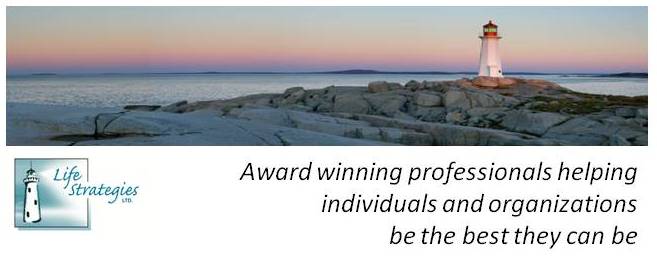
Life Strategies is blessed to have a diverse team of consultants and staff. Laura Jensen, our 2011 summer student, shared a few a reflections on the diversity she experiences as a student at Trinity Western University.
I’ve been going back to school every September for as long as I can remember. Entering my third year at Trinity Western University, I am blown away at the diverse groups of people that surround me on campus every day.
Trinity Western University (TWU) is Christian Liberal Arts University in Langley, BC. There are countless denominations of Christianity present resulting in many different views and opinions on similar issues. As such, it can be easy to feel frustrated when talking with others; however, I’ve learned that disagreeing with someone’s ideas doesn’t presume a dislike or distrust of that person.
This concept doesn’t only apply to theological debates; there will always be people whose ideas differ from my own. Some of them will be stubborn about their ideas, expecting me to come to “their way of thinking” rather than us agreeing to disagree. When dealing with these strong-minded individuals, it is good to remember that the only person I can control in the situation is myself. According to Kathryn Munn, it is important to “make sure you are not the difficult person for them” [emphasis added]. Munn offers timeless advice for dealing with difficult people in the 2002 summer edition of Common Ground. Click here to read the entire article.
Although you might think a particular group of individuals are the same, Laura’s reflections highlight an important point: not everyone in a particular “group” will think, feel, and/or act in the same way. A first step in managing diversity appropriately is to avoid stereotyping. It’s important to recognize that diversity is a multi-faceted concept with multiple levels of complexity (e.g., age, gender, race, religion, socioeconomic background). Dealing with those who are different, and perhaps strong-willed occur not only between groups, but within groups as well.
Share your comments about the complexity of groups – how can you manage diversity without stereotyping individuals?






